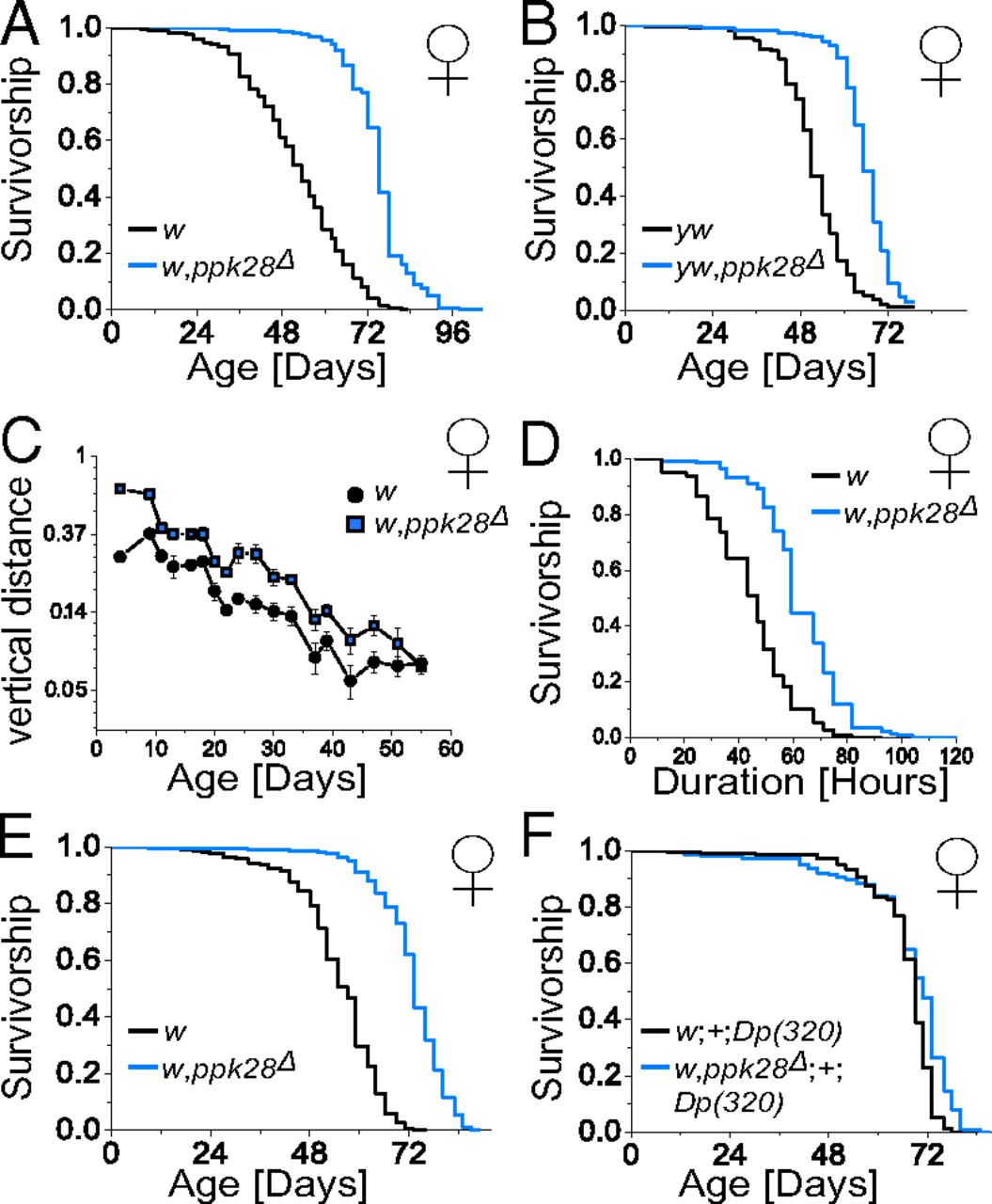OP
Callmestar
Member
- Joined
- Apr 3, 2019
- Messages
- 647
Other than the usual dehydration symptoms and fatigue, the one thing that I have noticed of late is some pain and pressure in what feels like the prostate area. Shooting pains now and then, and generally mild discomfort in that area when moving around. This is a new symptom I've noticed in the past couple of months.



